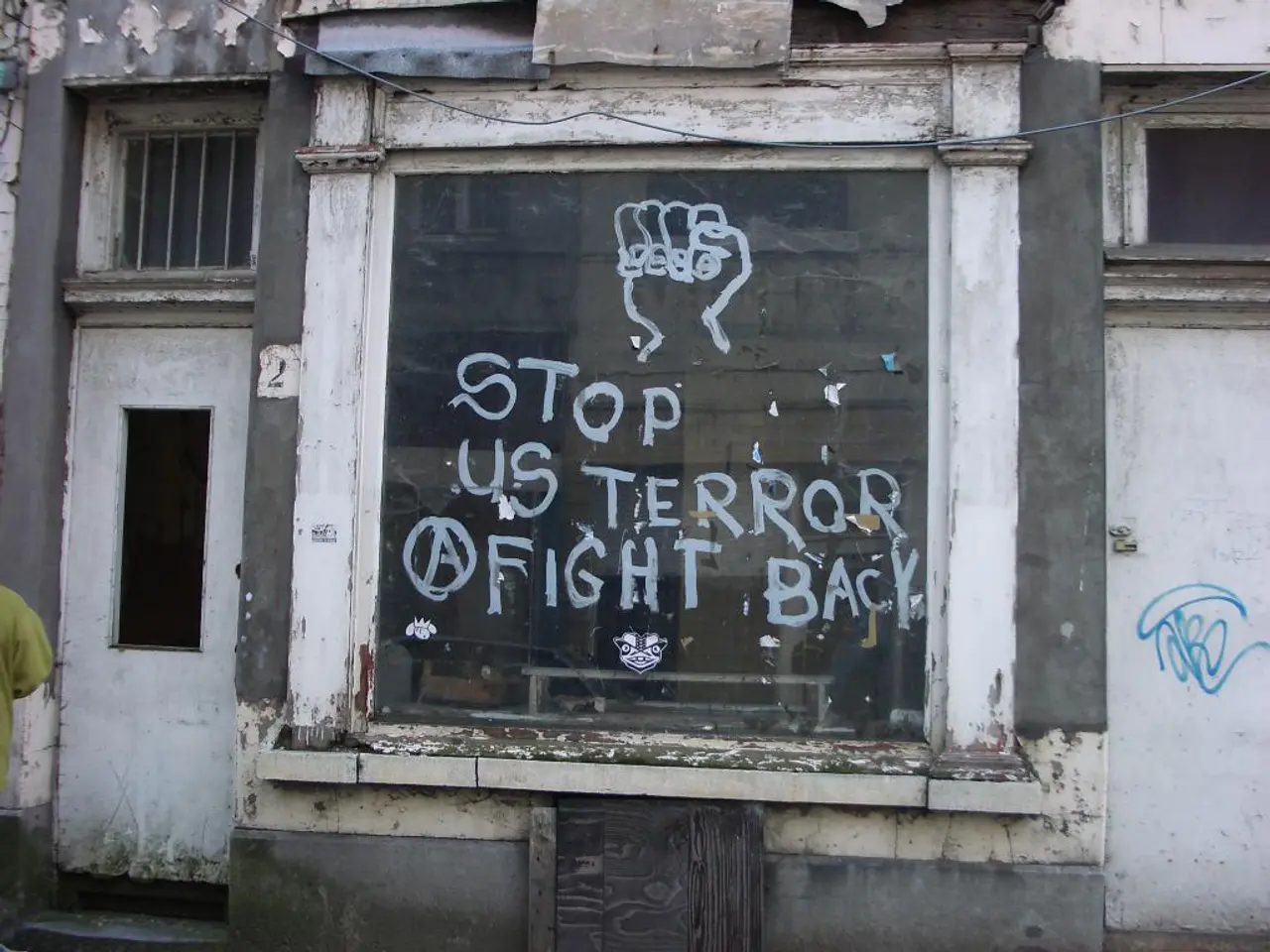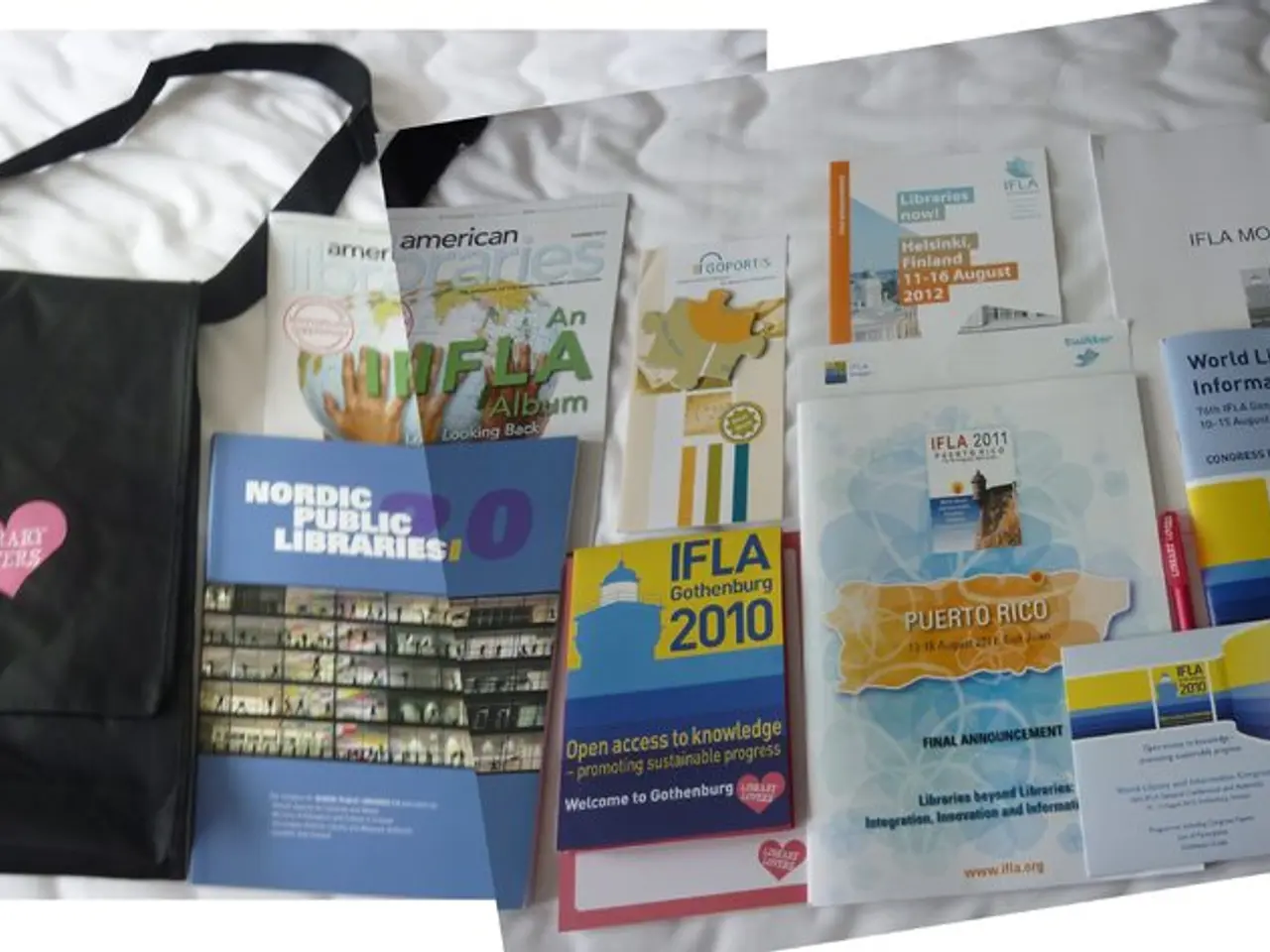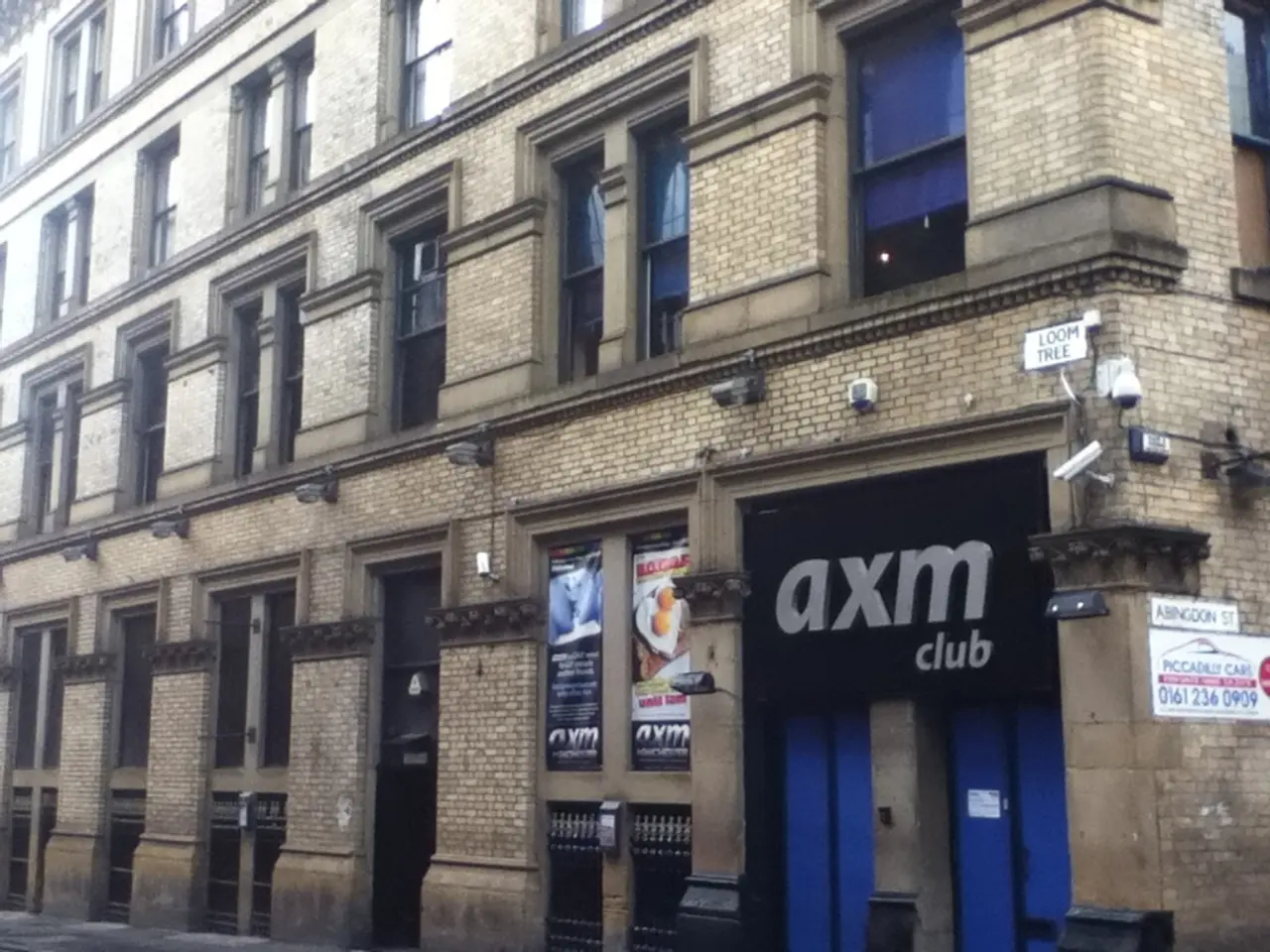Municipal Buildings at Risk: FPÖ Reveals Extensive Defects and Mold Issues
In the heart of Austria, the issue of Vienna's municipal housing has taken centre stage, with the Freedom Party (FPÖ) raising concerns about the current state of the city's public housing and calling for reforms.
Michael Oberlechner, the FPÖ's federal spokesman on housing, has been vocal about the situation, criticising the involvement of the Social Democratic Party of Austria (SPÖ) in the management of Vienna's municipal housing. He described the social housing sector as "completely out of control," citing significant maintenance backlogs, quality deficiencies, and rising social segregation within the housing system.
Oberlechner's concerns are not unfounded. A survey conducted by the FPÖ has revealed substantial structural issues, with a third of municipal units lacking basic amenities such as central heating or private bathrooms. Maintenance delays, caused by financial shortfalls, have also been a problem, with public housing facing a revenue shortfall 1.6 times its rental income in 2016.
The FPÖ has proposed a comprehensive expansion of municipal housing and an adjustment to housing cooperatives. They suggest linking housing subsidies to Austrian citizenship and allocating municipal housing only to Austrian citizens and "proven integrated" persons. This move is aimed at addressing the high upfront costs for cooperative housing entry and the barriers for low-income households and immigrants.
The Vienna Freedom Party's claims about renovation deficiencies and allocation issues align with the findings of the Court of Audit. The Court has reported that 75% of Vienna's municipal apartments require renovation, contributing to a €10 billion backlog. If fully financed, the housing expansion proposed by the FPÖ could lower rents to the basic amount, potentially reducing rental costs in municipal housing by up to 40%, according to party leader Dominik Nepp.
Nepp has also criticised the SPÖ for prioritising its own members over the people and for neglecting renovation during the tenure of Mayor Michael Ludwig as housing councillor. He found it noteworthy that the ÖVP and NEOS are silent about these malpractices in Vienna's municipal housing.
In response to these concerns, the city of Vienna has implemented several solutions. The Austrian national government enacted reforms in 2025, including rent controls that freeze increases for over one million regulated and social housing units and limit future rises to 1%-2% through 2027. Minimum lease terms have also been extended to five years to increase tenant stability.
Vienna has a strong strategy to achieve climate neutrality in housing by 2040, focusing on large-scale renovations to reduce energy consumption and decarbonize energy sources, alongside constructing new affordable, ecologically sound housing. The city also pursues a “Housing First” approach, aiming to end homelessness by providing at least 25,000 affordable homes with support for vulnerable groups, in partnerships with NGOs and housing associations.
The ongoing reforms around rent stabilization, longer leases, sustainability-driven renovation, and inclusive allocation strategies represent current governmental responses to the challenges in Vienna's municipal housing. These measures aim to balance affordability, social equity, and climate goals, ensuring a dignified life for all residents in the city's municipal housing.
- The Freedom Party (FPÖ) in Austria, led by its federal spokesman on housing, Michael Oberlechner, has called for policy-and-legislation changes to address financial support issues in Vienna's municipal housing, with a proposed expansion of municipal housing and adjustments to housing cooperatives.
- The Vienna Freedom Party's proposed housing reforms, including linking housing subsidies to Austrian citizenship and addressing high upfront costs for cooperative housing entry, are aimed at addressing the general-news issues of social segregation, maintenance backlogs, and quality deficiencies in Vienna's municipal housing.






